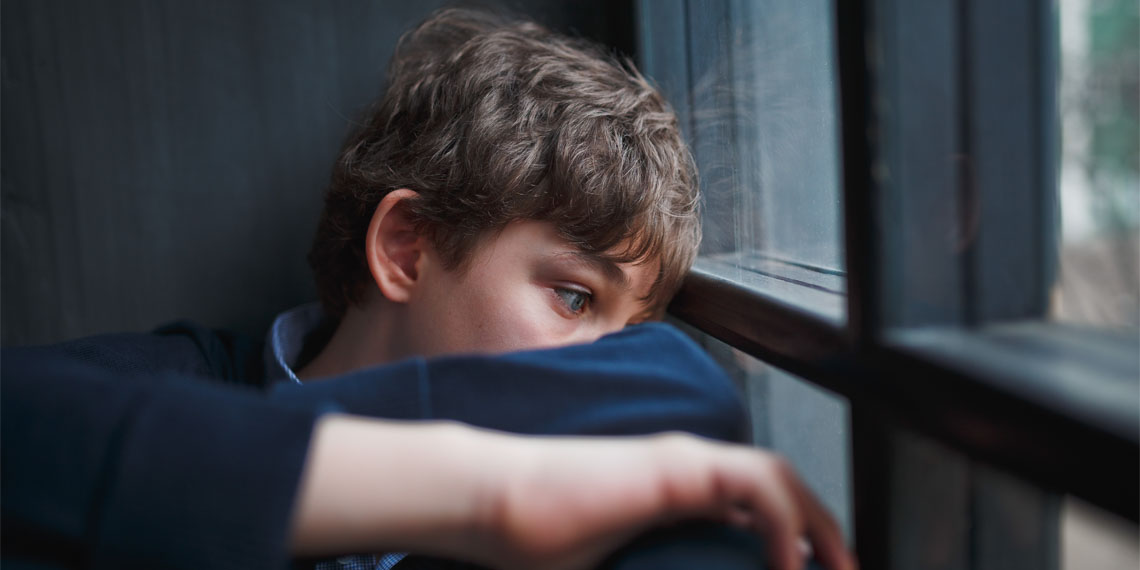According to a recently published study, Psychological Science Teenagers who perceive their homes as disorganized are more likely to experience mental health problems in adulthood, the study highlights, adding that teenagers who perceive their homes as disorganized, messy and hectic are more likely to suffer from mental health and behavioral problems in early adulthood.
Researchers aimed to explore the long-term effects of household chaos on mental health. Previous studies have shown that household chaos can have a negative impact on children’s social, emotional and educational development. However, it was unclear whether these effects persist into adulthood. As siblings may experience the same household differently, this study sought to understand how an individual’s perception of chaos influences mental health outcomes later in life.
The study used data from the Twin Early Development Study, a study of twins born in England and Wales between 1994 and 1996. The researchers focused on twins to control for shared genetic and environmental factors within families. They analyzed twins’ responses about their perceptions of home chaos at ages 9, 12, 14, and 16, as well as parent reports of home chaos at ages 9, 12, and 14. The twins’ developmental outcomes were then assessed at age 23.
The sample included 4,732 same-sex twin pairs, excluding opposite-sex twins to avoid confounding results by gender. The home chaos measure includes a six-item scale assessing levels of disruption of daily routines, noise, and the general environment. At age 23, the twins reported on a range of outcomes, including educational attainment, employment status, income, substance use, and mental health.
The study found that young people who perceived their homes to be disorganized at age 16 had poorer mental health at age 23. These outcomes included higher levels of depression, anxiety, and antisocial behavior, as well as lower levels of self-control. Importantly, these associations remained significant even after accounting for family socioeconomic status and parent-reported home disorganization.
The researchers found that siblings can have significantly different perceptions of the home environment: One sibling may perceive the home as much noisier and more hectic than the other.
“People tend to think of these siblings as growing up in different households,” says Sophie von Stumm, a professor of psychology at York University and author of the study, “so their perceptions are very subjective.”
A bi-differences design controlling for common family factors revealed that subjective experiences of home chaos independently predicted adult mental health outcomes. Specifically, people who reported higher levels of home chaos exhibited more severe mental health problems, suggesting a strong association between perceived chaos and later mental health.
The study also explored the impact of home chaos at different ages. Significant associations were found at ages 9, 12 and 14, but the effects were strongest at age 16. This suggests that perceptions of home chaos in late adolescence may have particular implications for mental health in early adulthood.
“Siblings who perceived their home life to be more chaotic than their siblings reported poorer mental health in young adulthood,” von Stumm said. “This association was evident from adolescence onwards, supporting the theory that the onset of mental health problems is more likely in the teenage years.”
Despite the strengths of this study, it also has limitations. It relied on self-reported data on both home chaos and adult outcomes, which may introduce bias. Furthermore, while the twin-differences design controls for common family factors, it cannot account for all unmeasured confounding variables. For example, underlying mental health problems may influence perceptions of home chaos.
Future research could explore whether interventions aimed at changing children’s perceptions of chaos in the home could improve long-term mental health outcomes. It would also be useful to examine the specific aspects of chaos that are most detrimental to mental health, such as noise or lack of routine.
Von Stumm plans to explore the specific ages and underlying reasons for the differences in siblings’ perceptions of family chaos.
“Children who experience more adversity than their siblings, such as being injured or excluded from school during childhood, may be more sensitive to disruptions in the home, which may have long-term effects on their mental health later in life,” she said. “Many common childhood adversities, such as parental conflict or separation, affect all children in a family, so it is not yet clear whether there are specific events that lead to worse long-term mental health outcomes.”
the study, “Adolescent perceptions of family chaos predict adult mental health: A twin-difference longitudinal cohort study‘ was published on May 8, 2024.

